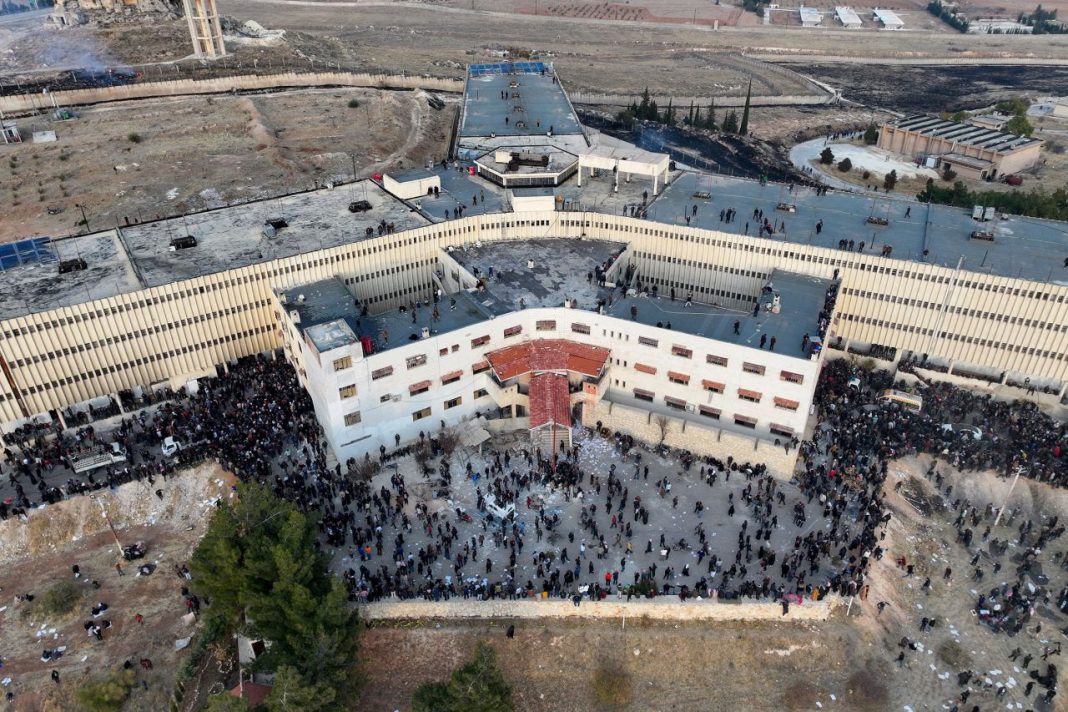“We will pursue them in Syria, and we ask countries to hand over those who fled so we can achieve justice,” Hayat Tahrir al-Sham (HTS) leader Ahmed al-Sharaa, also known as Abu Mohammed al-Julani, said in a statement published on the Syrian state TV’s Telegram channel on Wednesday.
His comments came after thousands of detainees were released and families hoped to find others who disappeared in the country’s notorious jails, including the Sednaya Prison.
The world is carefully watching to see if Syria’s new rulers can stabilise the country after a 13-year war devastated the country.
The new interim prime minister has also stated he aimed to bring back millions of Syrian refugees, create unity and provide basic services, but rebuilding would be daunting.
“We have no foreign currency and as for loans and bonds, we are still collecting data,” said Mohammed al-Bashir, who headed a HTS-led administration in Idlib before the lightning offensive swept into Damascus and toppled al-Assad over the weekend.
He stated that the full appointees of the interim government will be announced within days.
He explained that most government employees have returned to work and reiterated that the door was open for those to join the interim government, except, he said, those who were involved in “the blood of the people” would not be welcomed back.
Starting next week, schools and universities will reopen, he added.
According to HTS, the current transitional government is set to rule until March 2025.
Militants waged a surprise two-pronged attack on Syria’s Aleppo and the countryside around Idlib on November 27.
Soon afterward, they seized control of several major Syrian cities, including Hama, Homs, Dara’a, and Suwayda, before entering the capital Damascus.
On Sunday, armed groups, led by HTS militants, announced that they had fully captured Damascus, and confirmed reports of the fall of Assad’s government.
United Nations Secretary-General Antonio Guterres said on Wednesday during a visit to South Africa that there were some signs of hope from the end of “the Syrian dictatorship”.
Guterres added that the UN was totally committed to a smooth transition of power in Syria.
“I fully trust Syrian people to be able to choose their own destiny,” Guterres continued.
UN envoy for Syria Geir Pedersen also stated that Syria’s transitional government must strive to be inclusive to avoid new “civil strife”.
“My biggest concern is that the transition will create new contradictions in the manner that could lead to new civil strife and potentially a new civil war.”
